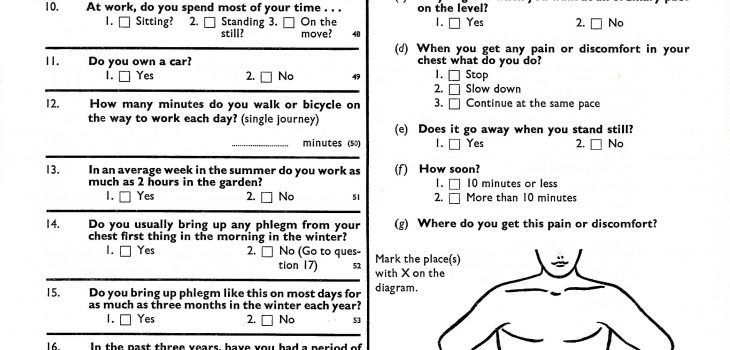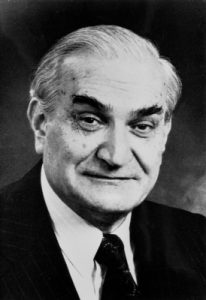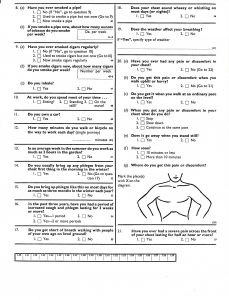The Whitehall Study, led by Professor Donald Reid (1914-1977) and Dr Geoffrey Rose (1926-1993), was designed to detect early risk factors in cardiovascular and respiratory health in its sample group of male civil servants, aged 45-60. The initial survey running from 1967-1970, involved the physical examination of 18403 male civil servants from across the service. This involved a completion of a self-questionnaire covering questions relating to cardiovascular health, respiratory health, smoking habit and history and previous medical history, followed by a physical examination that included physical measurements, blood pressure reading, blood test for glucose and lipid levels and electrocardiogram and X-ray examinations. Participants were then monitored over a five-year period for any sickness absence along with registers and causes of participant’s deaths. Death certifications continued to be collected until the early 2000s, with analysis of the mortality rates continuing to this day. Along with the main survey, participants were selected for controlled trials examining the effects of prevention treatments for smokers and dietary changes for participants at risk of diabetes.
The study was the first to draw attention to important links between lifestyle, particularly smoking, inherited risk factors and subsequent disease. It found significant differences in life expectancy between civil servants on administrative grades and those in lower positions, basically the lower the grade of employment, the higher the death rate from all of the major causes of death. This was a crucial finding for establishing a link between social status and health, and the Whitehall study thus occupies a key place in the history of debates about the social determinants of health.
If interested in accessing this fascinating collection, please contact the archives at archives@lshtm.ac.uk to book an appointment.










